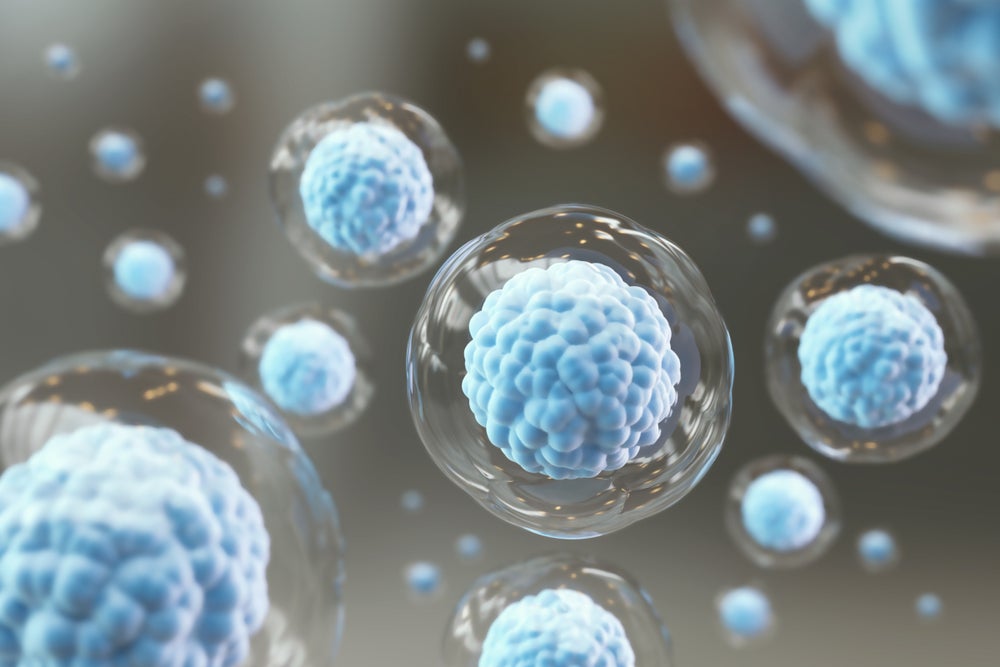

BioMarin’s Roctavian has finally received FDA approval following previous rejections and delays. As a result, Roctavian can now be used as a one-time therapy in adults with severe haemophilia A.
Roctavian is the first and only approved gene therapy for the treatment of haemophilia A.

Discover B2B Marketing That Performs
Combine business intelligence and editorial excellence to reach engaged professionals across 36 leading media platforms.
It had already gained conditional marketing authorisation (CMA) from the European Commission (EC) last year. It utilises an adeno-associated virus (AAV) to deliver a functional FVIII gene into the body – a gene that produces the blood-clotting FVIII protein.
Approval was based on data gathered in the Phase III GENEr8-1 study (NCT03370913), which BioMarin claimed was the largest trial of its type ever conducted. BioMarin dosed 134 haemophilia A patients with Roctavian and observed them over the course of three years.
In the 112 patients who had a six-month baseline of annualised bleeding rate (ABR) data collected prior to the trial, bleeding incidents decreased by more than half. Patients experienced 2.6 bleeds a year on average with Roctavian, compared to 5.4 bleeds with normal prophylactic treatment.
Results also suggested that Roctavian could make prophylactic treatment obsolete. Treatment led to a 96.8% reduction in prophylaxis usage – meaning most patients required no prophylactic treatment in the three years after receiving Roctavian.

US Tariffs are shifting - will you react or anticipate?
Don’t let policy changes catch you off guard. Stay proactive with real-time data and expert analysis.
By GlobalDataEarly results from this trial had already shown promise, despite Roctavian’s less-than-ideal road to market. BioMarin initially submitted Roctavian for approval in 2019 but was asked to collect another two years of data. In late 2022, the FDA, generally sceptical about the long-term efficacy and safety of gene therapies, requested a further year’s worth of data and set a review deadline of 30 June 2023.
The haemophilia market
Haemophilia A is a genetic disorder that causes a person to have a missing or defective FVIII gene. Affecting roughly one in 10,000 people, roughly half of haemophilia A patients are eligible for Roctavian as they suffer the most severe form of the disorder.
Current treatment regimes require patients to take injections every few days. According to the National Haemophilia Foundation, yearly treatment costs can vary from $300,000 to exceed $1m.
Roctavian’s approval could improve a patient’s quality of life by addressing these long unmet needs. Its’ single-use dosage form removes the pain of constant injections; even at $2.9m, it could prove far more cost-effective in the long run. Despite this, the pricing of haemophilia gene therapies has been called into question, with the Institute for Clinical and Economic Review (ICER) initially suggesting a fair price of around $1.9m.
BioMarin executive vice-president and chief commercial officer Jeff Ajer claimed that BioMarin had been working with insurers, treatment centres, and the haemophilia community to ensure access to the treatment.
Roctavian follows CSL’s Hemgenix, the first-ever gene therapy for haemophilia B that was approved last year, and launched earlier this month as the most expensive drug in the world.
GlobalData forecasts predict that the global market for haemophilia A and B treatments will grow to $14.7bn by 2030, up from $9.3bn in 2020 – an annual growth of nearly 5%.
Cell & Gene Therapy coverage on Pharmaceutical Technology is supported by Cytiva. Editorial content is independently produced and follows the highest standards of journalistic integrity. Topic sponsors are not involved in the creation of editorial content.



